Latest state school report card shows proficiency gains, persistent gaps on racial lines
Reading, math scores up; graduation rate at 13-year high
By PETER HANCOCK
Capitol News Illinois
phancock@capitolnewsillinois.com
SPRINGFIELD – Elementary and secondary students in Illinois showed consistent improvements in their reading and math scores while the state’s high school graduation rate reached a 13-year high for the most recently concluded school year.
Those are some of the conclusions from the most recent annual statewide school report card, released Monday by the Illinois State Board of Education. The report includes data from the 2022-23 academic year, including results of the standardized tests that students took in the spring.
Although statewide average proficiency rates remained below pre-pandemic levels, the results showed improvement over the previous year across all demographic categories.
“Educators and families should be proud of the remarkable progress we see on the 2023 Illinois report card while remaining focused on understanding and meeting the students’ academic and social emotional needs at this phase of recovery,” State Superintendent of Education Tony Sanders said during a media briefing on the report.
Robin Steans, president of the education advocacy group Advance Illinois, agreed that the report was positive overall, but said it also contains some cautionary information, especially regarding racial achievement gaps and attendance rates.
“I think there is some legitimately encouraging news in the new state report card,” she said in a separate interview. “I think there's also a lot of information that reminds us we've a lot of work to do still.”
The annual report card offers a look at how well individual schools, districts and the state as a whole are performing across a wide range of indicators. In addition to student performance on standardized tests, the report also includes information about factors such as student demographics, graduation rates, college readiness, career and technical education, and school faculty.
Much of the public’s attention, however, focuses on the standardized test scores, which are often seen as an indicator of how effectively schools are teaching the basics of reading, writing and math, and what kind of achievement gaps exist among different demographic groups.
English and math
Overall, the biggest area of improvement over the last year was in English language arts, where the proficiency rate rose from 29.9 percent to 34.6 percent.
That’s still below the 37.4 percent proficiency rate recorded in the 2018 to 2019 school year – the last before the COVID-19 pandemic caused major interruptions the next few years. But last year’s gain translates to roughly 39,000 more students than the year before who met or exceeded grade level standards in reading and writing.
And while it may seem problematic that only about one-third of all students are considered “proficient” in that subject, Sanders pointed out that Illinois has among the highest standards in the country for English language proficiency.
“So it's not possible to compare our proficiency rates to other states because it's like comparing apples to oranges,” Sanders said.
Equally important, Sanders said, was the fact that there were year-over-year gains across all demographic groups, although significant gaps still exist between those groups.
For example, a significant gap still existed between Black and white students in English language arts proficiency. But on a percentage basis, Black students saw the biggest gains in proficiency rates, rising from 12.1 percent to 16.1 percent – a 33-percent increase.
EMBED: <div style="min-height:550px"><script type="text/javascript" defer src="https://datawrapper.dwcdn.net/L57L0/embed.js?v=7" charset="utf-8"></script><noscript><img src="https://datawrapper.dwcdn.net/L57L0/full.png" alt="" /></noscript></div>
Still, the gap between white and Black proficiency rates widened by more than a full percentage point, as did the gap between white and Hispanic students. White students had a proficiency rate of 44.9 percent compared to 22.2 percent of Hispanic students and 16.1 percent for Black students.
Sanders also emphasized that the low proficiency rates among Black students is more a reflection on the state’s education system than on the students themselves.
“We educate Black students disproportionately in underfunded ‘Tier 1’ school districts with more teacher vacancies, higher teacher and principal turnover, higher chronic absenteeism,” he said, referring to Illinois’ targeted system of education funding in which Tier 1 schools receive the least amount of money from their local property tax base.
“So our Black students in general have less access to supports, to the resources they need to learn at the rate to be on par with their peers,” Sanders continued.
Math scores also improved in 2023, although the gains were less significant and the overall proficiency rate remained below pre-pandemic levels. White students scored proficiency rates of 35.6 percent, compared to 14.3 percent for Hispanic students and 8 percent for Black students.
The statewide proficiency rate rose by just over one percentage point, to 26.9 percent, while all demographic groups gained on their scores from the year prior. As with English language arts, Black students saw the biggest gain in proficiency rates, at 1.2 percentage points.
College and career readiness
The report card also includes several indicators of how well students are progressing toward a successful completion of the preK-12 experience and how ready they will be to enter college or the workforce.
Among the most basic of those metrics is the percentage of ninth graders who are on track to graduate. That means at the end of their ninth-grade year, they have earned at least five full-year course credits and have received no more than one semester of an “F” in a core subject such as English, math, science, or social studies.
In 2023, 87.4 percent of ninth-graders were on track to graduate – up from 86.6 percent in 2022, and the same 86.6 percent in 2019.
According to ISBE, students who finish their ninth-grade year on track are nearly four times as likely to graduate from high school as those who are not on track.
Perhaps the most significant indicator, however, was growth in the state’s high school graduation rate.
In 2023, the four-year graduation rate stood at 87.6 percent, the highest level recorded in at least 13 years. Black and Hispanic students also saw gains in graduation rates over that period.
ISBE did note, however, that the graduation rate was artificially inflated at 88 percent during the pandemic year of 2020 when emergency actions were taken to reduce graduation requirements by one semester.
Chronic absenteeism
One area of concern reflected in the report card was the rate of chronic absenteeism among students, defined as missing 10 percent or more of the school year, regardless of whether it’s an excused or unexcused absence.
Last year, 28.7 percent of students were classified as chronically absent. That was down from just below 30 percent the year before, but it was still well above the pre-pandemic level of 17.5 percent.
The rate was even higher for minority and low-income students – 42.1 percent for Black students; 34.5 for Hispanic students; and 38.2 percent for students classified as low-income.
EMBED: <div style="min-height:500px"><script type="text/javascript" defer src="https://datawrapper.dwcdn.net/G9WBB/embed.js?v=2" charset="utf-8"></script><noscript><img src="https://datawrapper.dwcdn.net/G9WBB/full.png" alt="" /></noscript></div>
“This should be very concerning,” Steans, of Advance Illinois, said. “As I am around the state, this is not lost on anybody. And I think there's a lot of energy and effort going into it, and rightly so. But we're just not back where we want to be, by a lot.”
Overall, Sanders attributed improvements in the 2023 report card to increased funding for public schools, the result of the Evidence-Based Funding formula that went into effect in 2018.
“State funding for education has increased by $2.38 billion since the enactment of EBF, and we see the results in many of the metrics that you see today, but most especially in the four-year graduation rate for our students,” he said.
Steans agreed, saying, “I think it is a reflection that funding is doing what it's meant to do.”
She added that federal pandemic-related funds have also helped schools better educate students.
“I think both of those have been used by schools and districts to put in special supports for students, be they social and mental health supports, be it tutoring, after-school programming, be it bringing in more teachers or more reading specialist instructional coaches, things like that,” she said. “I think both of those funding sources have really been helpful and made a difference.”
Capitol News Illinois is a nonprofit, nonpartisan news service covering state government. It is distributed to hundreds of print and broadcast outlets statewide. It is funded primarily by the Illinois Press Foundation and the Robert R. McCormick Foundation, along with major contributions from the Illinois Broadcasters Foundation and Southern Illinois Editorial Association







.png)
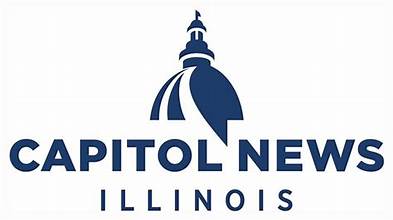
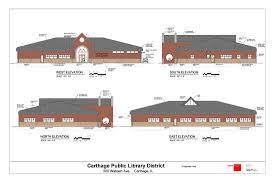

.jpg)

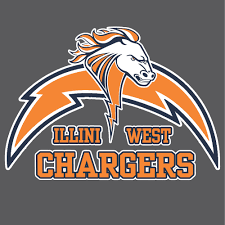
.jpg)
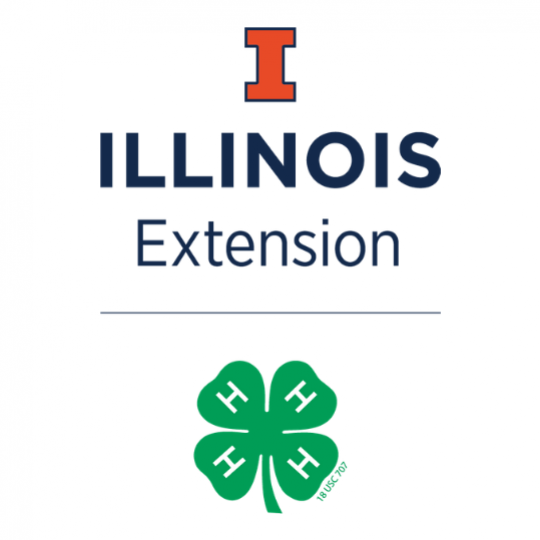


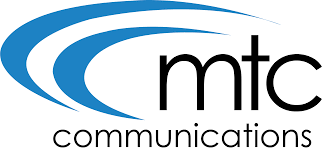

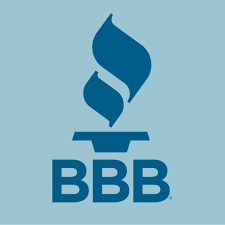
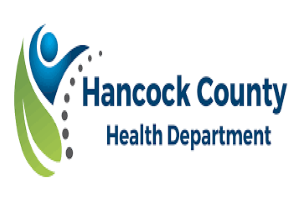

.jpg)
.jpg)


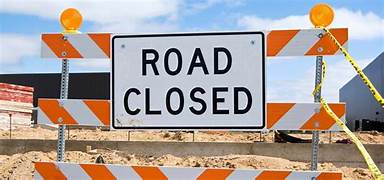

.jpg)


.jpg)